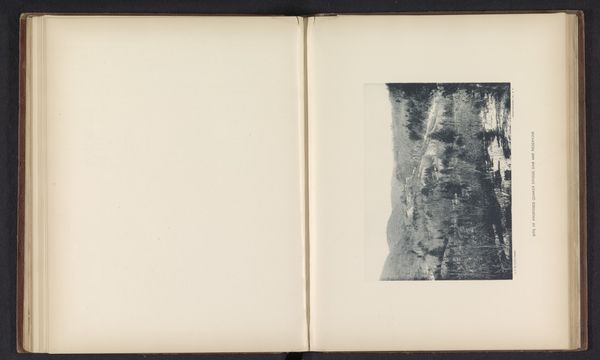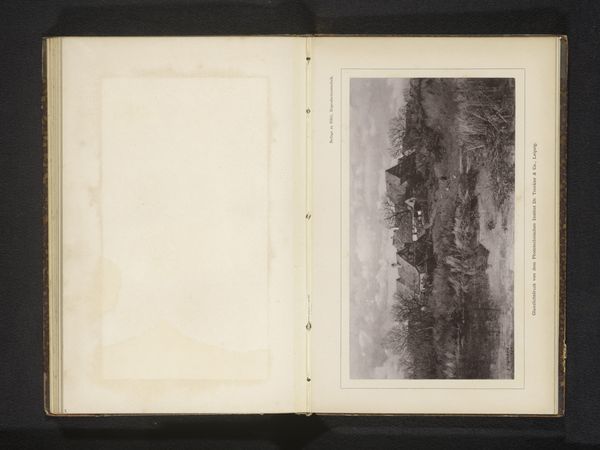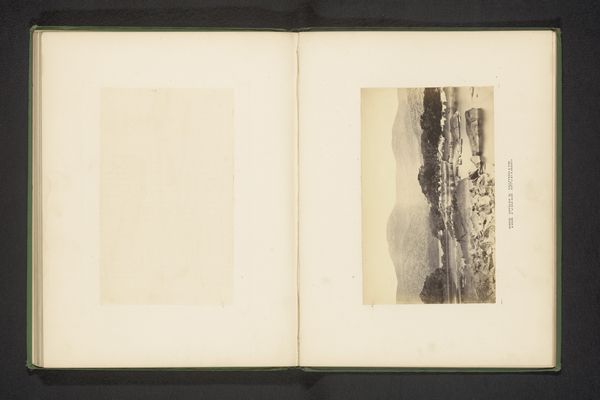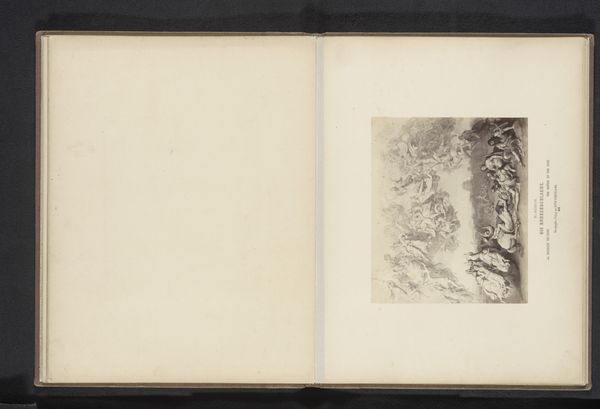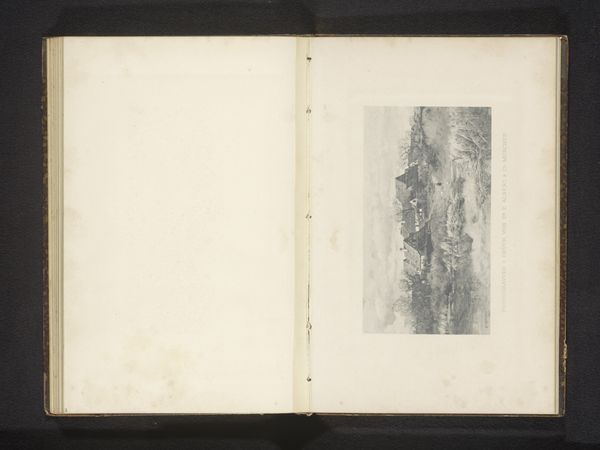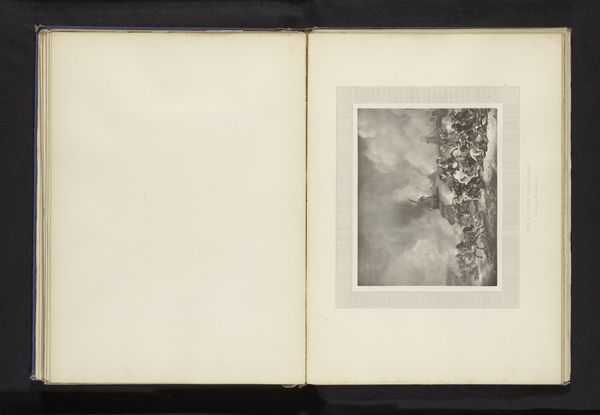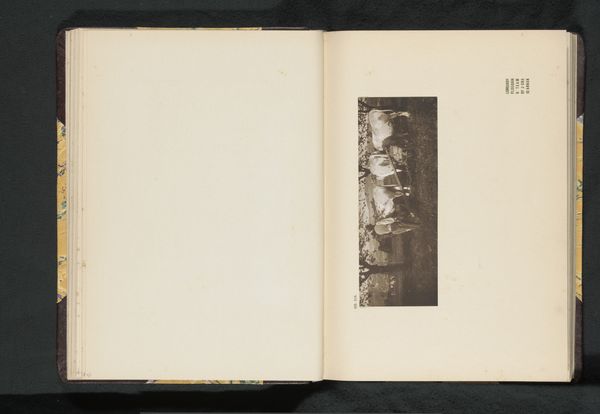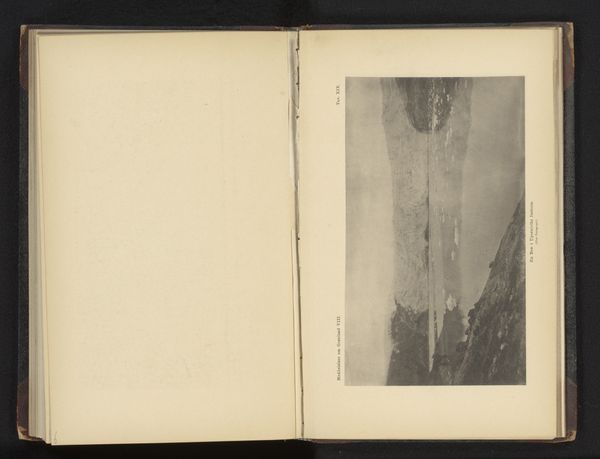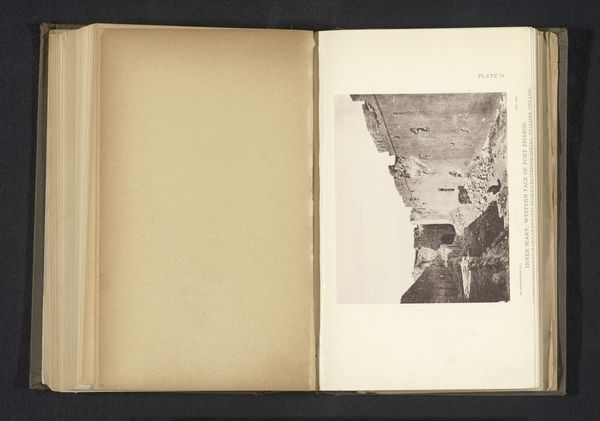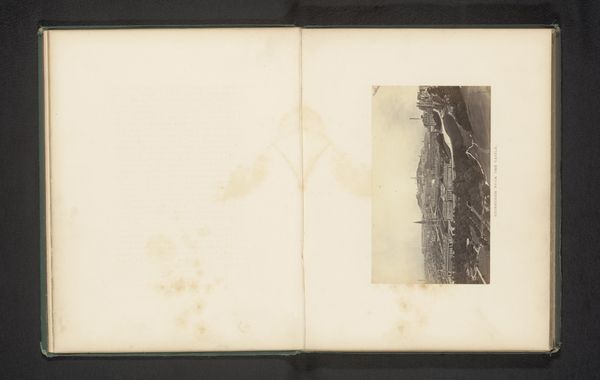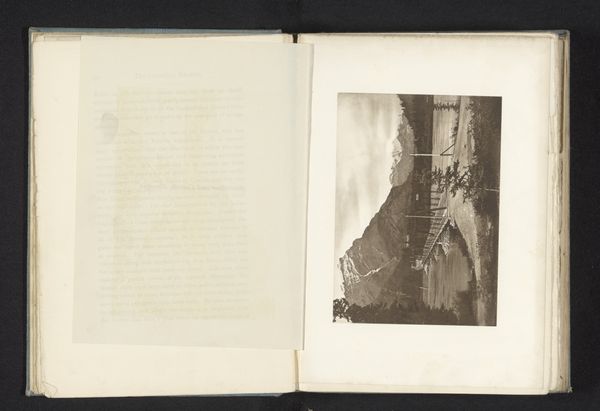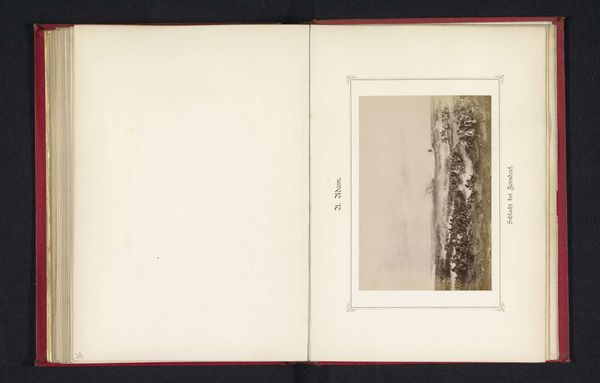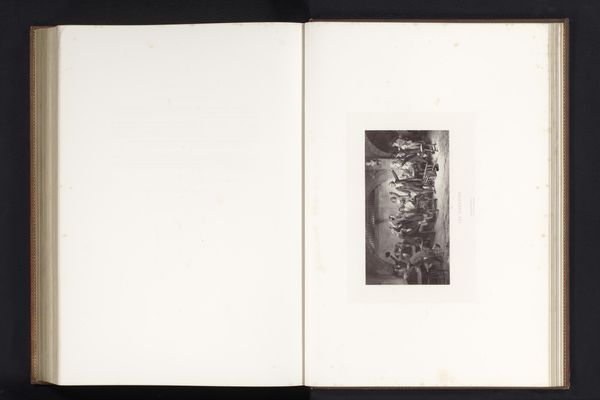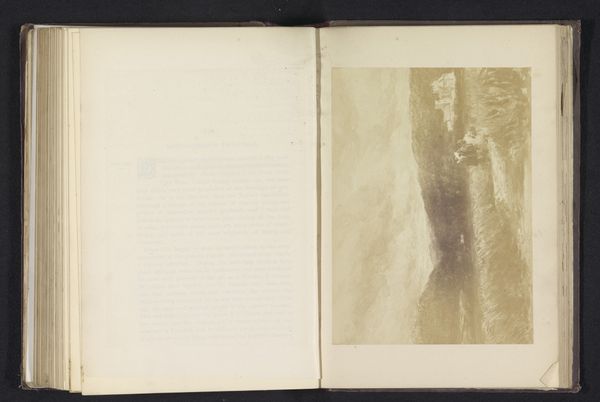
print, photography, albumen-print
# print
#
asian-art
#
landscape
#
photography
#
orientalism
#
albumen-print
Dimensions: height 123 mm, width 155 mm
Copyright: Rijks Museum: Open Domain
Editor: Here we have "Gezicht op Bangkok," a photograph taken by John Thomson before 1875, and presented as an albumen print. It's a serene scene, almost dreamlike, but there’s something about it that feels... removed. What do you see in this piece, especially considering its historical context? Curator: This photograph, while seemingly a simple landscape, operates within a complex framework of colonial power dynamics. Thomson's work, and photography like it, contributed to a visual construction of the "Orient" for a Western audience. We need to question the power relations inherent in who gets to represent whom. Consider, for example, how the composition might exoticize Bangkok, rendering it a picturesque, almost passive subject for the Western gaze. Do you notice any compositional choices that support this? Editor: Well, the framing seems to isolate the city. It's like we’re observing it from a distance, not really engaging with it. Curator: Precisely. The "Orientalist" style often served to reinforce a sense of Western superiority. The lack of intimate, human-scale interactions flattens the representation. It invites us to consider how this photograph contributed to a narrative of the East as "other," a site of fascination but also of difference and implied inferiority, feeding into justification for colonial endeavors. What does the very act of photographing and circulating these images mean in the context of empire? Editor: It's like possessing a place through image, controlling the narrative... it makes me think about contemporary representations too, and how those power dynamics might still exist. Curator: Exactly. Thinking critically about images like this pushes us to confront those continuities, prompting a necessary dialogue about representation, power, and history. Editor: I didn’t think I could learn all of that just from this print. Thank you. Curator: My pleasure. Let's continue looking critically and engaging in thoughtful discussions about it.
Comments
No comments
Be the first to comment and join the conversation on the ultimate creative platform.
